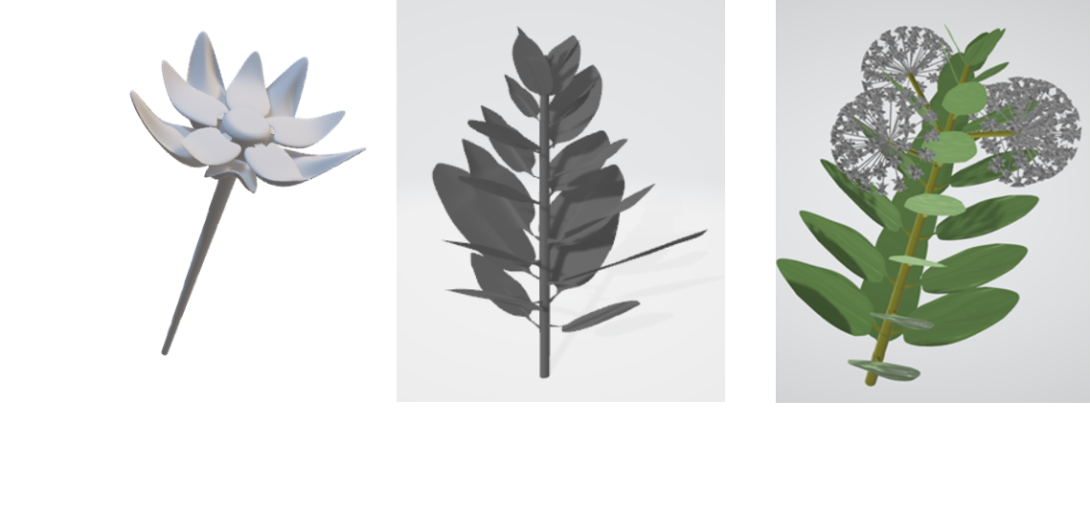Creating 3D Plant Models Using Tinkercad and Fusion 360
Curricular Materials
Puffins: Exploring how narrative, data science, and artificial intelligence enhance the study of ecology in middle school
The study of puffins can provide a fascinating subject area for the integrated learning of data and ecosystems. Once hunted to local extinction, puffins have made a dramatic yet fragile comeback and been re-established to historic nesting islands in mid-coast Maine. This project combines a scientific adventure story about puffin restoration with student-directed data investigations about the relationships between puffin health and environmental factors.
Supporting Rightful Presence in Museum Spaces: Youth as Participatory Designers of Indigenous Mixed Reality Science Exhibits

This three-year project address the ongoing marginalization of Indigenous communities in informal science learning spaces by developing and studying a model that strengthens rightful presence: the idea that visitors will experience a sense of belonging and respect.
Collaborative Research: Expanding Socio-Environmental Science Investigations with Geospatial Technologies in High Schools
PosterThis project expands from a single site into a multi-university, multi-school teacher professional development and curriculum development initiative for geospatial integration into science, social studies, and STEM courses. Student outcomes addressed include spatial thinking and reasoning and STEM college and career interests.
Robot-Mediated Learning: Exploring School-Deployed Collaborative Robots
PosterProject Overview: Advance robot-mediated learning in schools and investigate how collaborative tele-robots can facilitate optimal learning experiences.
My STEM Story: Scaling STEM Motivation Through Digital Storytelling and Near Peer Relationships
PosterThe My STEM Story project aims to enhance the identity-based motivation of diverse high school students through their engagement with and reflection on the authentic digital stories of diverse near-peer mentors paving their way in a post-secondary STEM pathway.
CASCADE: Engaging Adolescents through Collaboration on Simulated STEM Career Scenarios and Mathematics Activities
PosterWe create and study virtual simulations of peer collaboration in STEM fields, designed for youth in informal learning environments. Practice with the simulations will help teens from underrepresented groups build collaborative skills and career interest in STEM fields, especially those that use mathematics and require strong teamwork.